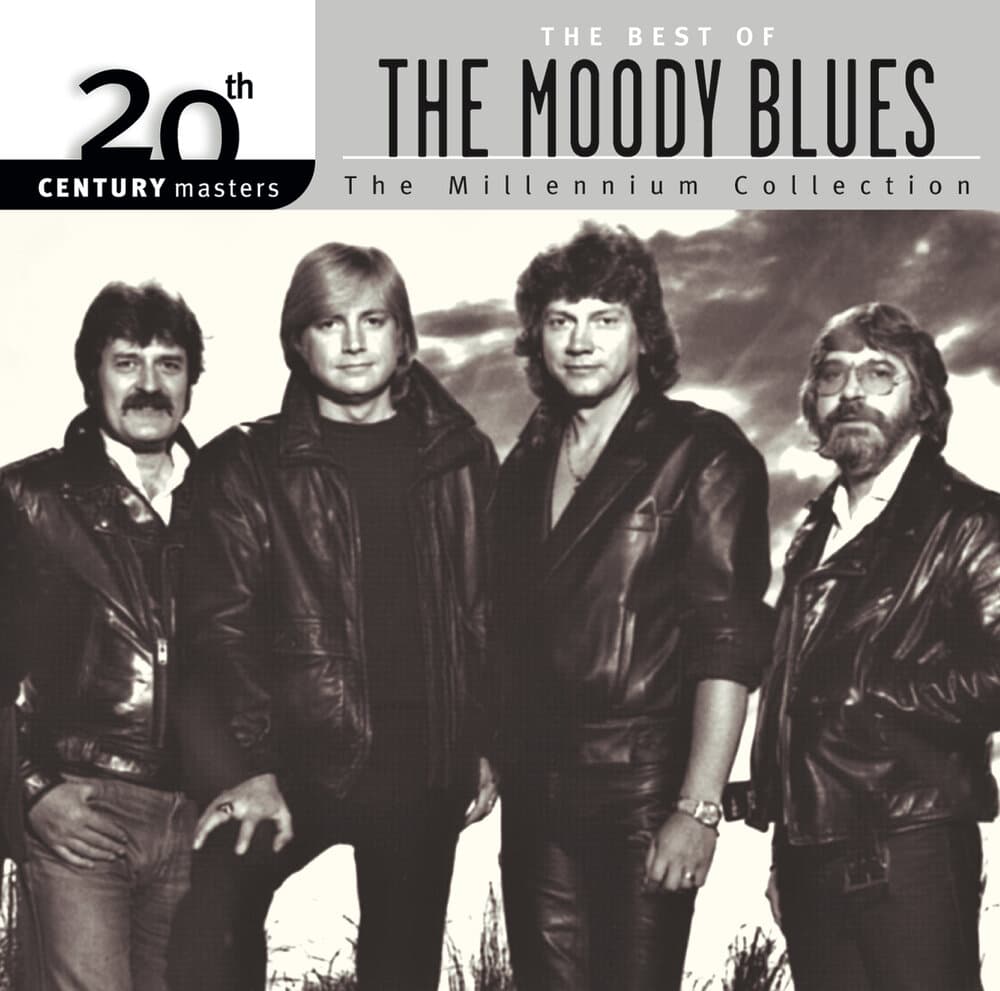
A Timeless Ballad of Nostalgia, Longing, and Unforgettable Memories
Few songs capture the wistful yearning for lost love and the bittersweet passage of time quite like “Your Wildest Dreams” by The Moody Blues. Written by the incomparable Justin Hayward and featured on their 1986 album The Other Side of Life, this track serves as a reflective ode to the fleeting nature of youthful passion and the enduring power of cherished memories. Released as a single in 1986, it resonated with audiences around the world, marking one of the later high points in a career defined by majestic, cinematic soundscapes and poetic lyricism.
From the moment the song begins, there is an unmistakable air of introspection. The opening strains—ethereal synthesizer pads and gently arpeggiated guitars—set a dreamlike stage that invites listeners into a reflective state. Justin Hayward’s soft, expressive vocals carry a sense of vulnerability and quiet longing, as he sings about love that once burned brightly and the memories that continue to haunt the heart. It’s as if every note is a gentle reminder of a time when life was full of passion and every embrace seemed to promise endless possibilities. The production, rich with lush orchestration and a tasteful blend of electronic and acoustic elements, creates a sonic landscape that is both expansive and intimately personal.
Lyrically, “Your Wildest Dreams” offers a poignant meditation on the passage of time. Hayward’s words evoke images of midnight drives along deserted roads, quiet conversations under starlit skies, and the lingering scent of a first love that still haunts the mind. There is an inherent duality in the lyrics—a simultaneous celebration of what was and a lament for what can never be recaptured. The chorus, soaring with emotive power, speaks directly to anyone who has ever looked back on their past with a mix of wonder and regret, capturing that fragile balance between hope and melancholy. It’s a song that recognizes the beauty of memory even as it mourns the inevitability of change.
The Moody Blues, a band renowned for their ability to blend rock with symphonic elements, deliver in “Your Wildest Dreams” a performance that feels both timeless and immediate. Even as they embraced modern production techniques in the mid-1980s, they maintained a connection to the lush, orchestral arrangements that defined their earlier work. This song, with its sparkling guitar solos and delicately layered harmonies, reflects that continuity—a bridge between the classic and the contemporary. It stands as a testament to the band’s evolution while never losing sight of the core emotions that have always driven their music.
Commercially, the single performed well enough to secure its place in the hearts of fans, particularly among those who had followed The Moody Blues through their many transformations. While it may not have reached the dizzying heights of some of their earlier hits like “Nights in White Satin” or “Tuesday Afternoon”, “Your Wildest Dreams” carved out its own niche as a beloved, reflective ballad that continues to receive airplay on classic rock and adult contemporary stations. Its timeless appeal is also evidenced by the way it has been embraced in live performances, where the song’s emotive journey is often highlighted as one of the standout moments in the band’s extensive catalogue.
For listeners who grew up during the heyday of classic rock, “Your Wildest Dreams” serves as a portal to a bygone era—a reminder of long summer nights, first loves, and the dreams that felt larger than life. Its reflective mood and lyrical poignancy offer comfort and a sense of shared experience, inviting everyone to relive those tender moments when the heart was both fearless and fragile. Even for newer generations, the song retains a universal quality, speaking to anyone who has ever loved, lost, and wondered about the paths not taken.
In the end, “Your Wildest Dreams” is more than just a song; it’s a journey through time, a meditation on the bittersweet beauty of memory, and a timeless reminder that while love may fade, the dreams we once held onto remain forever etched in our hearts.